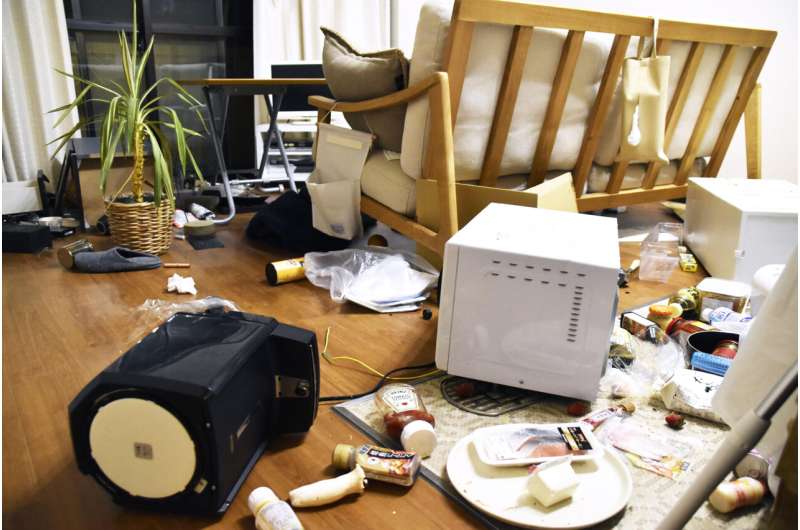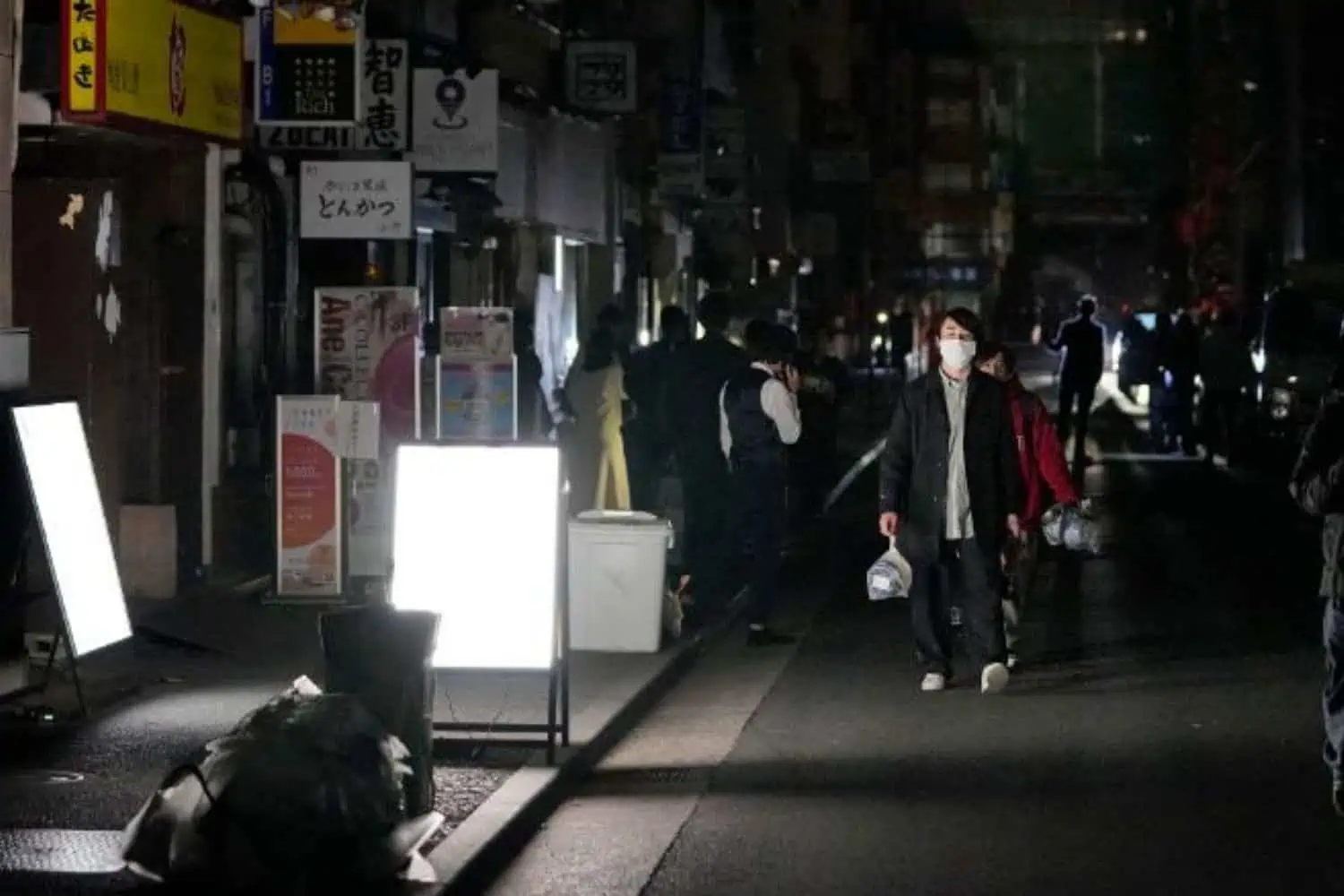On Wednesday evening, a powerful 7.4 magnitude earthquake hit Japan’s northeastern coast – right off the Fukushima prefecture. And so far it has been reported that many people were injured and at least 4 people have died.
Earthquakes leave Tokyo in the dark
The quake was felt strongly in Tokyo – so much so that buildings swayed for more than a minute. And reportedly, a high-speed bullet train that was carrying 96 passengers, had been derailed due to the quake. Thankfully, there have been no reports of injured passengers.
There were blackouts all over central Tokyo and fire engines on the streets with sirens on straight after the initial shock. And about 100 000 people in north-east Japan were still without power on Thursday morning.
“There’s a blackout in the neighbourhood and my house is pitch black. Let’s hope they fix it by tomorrow morning,” Hiroko Watanabe, a Fukushima resident told the Financial Times.

The initial quake was followed by a powerful aftershock, and the Japan Meteorological Agency warned of the possibility of more aftershocks to come.
“There were two shakes. The first one wasn’t that bad but the second one was extremely powerful,” Watanabe said.
The earthquake started at 23:36 local time which set off a tsunami warning. The tsunami warning immediately frightened the locals as the Fukushima prefecture is a region that was devastated by an extremely powerful earthquake and tsunami 11 years ago. The horrific natural disaster left nearly 20 000 people dead. and also resulted in a nuclear power plant meltdown that caused mass evacuations.
Tsunami warnings lifted
Emergency services immediately started ordering people to stay away from the coast and river mouths. But after observing the situation, the meteorological agency could report that there had only been tsunamis of only 20cm or less after the earthquake.
And after calculating that the quake struck about 60km below sea level, the agency deemed the waters safe and lifted the tsunami alert.
Furthermore, Japan’s government got involved with prime minister Fumio Kishida saying that they are “focused on making efforts to understand the situation, providing victims with support together with local authorities and offering information to people”.
